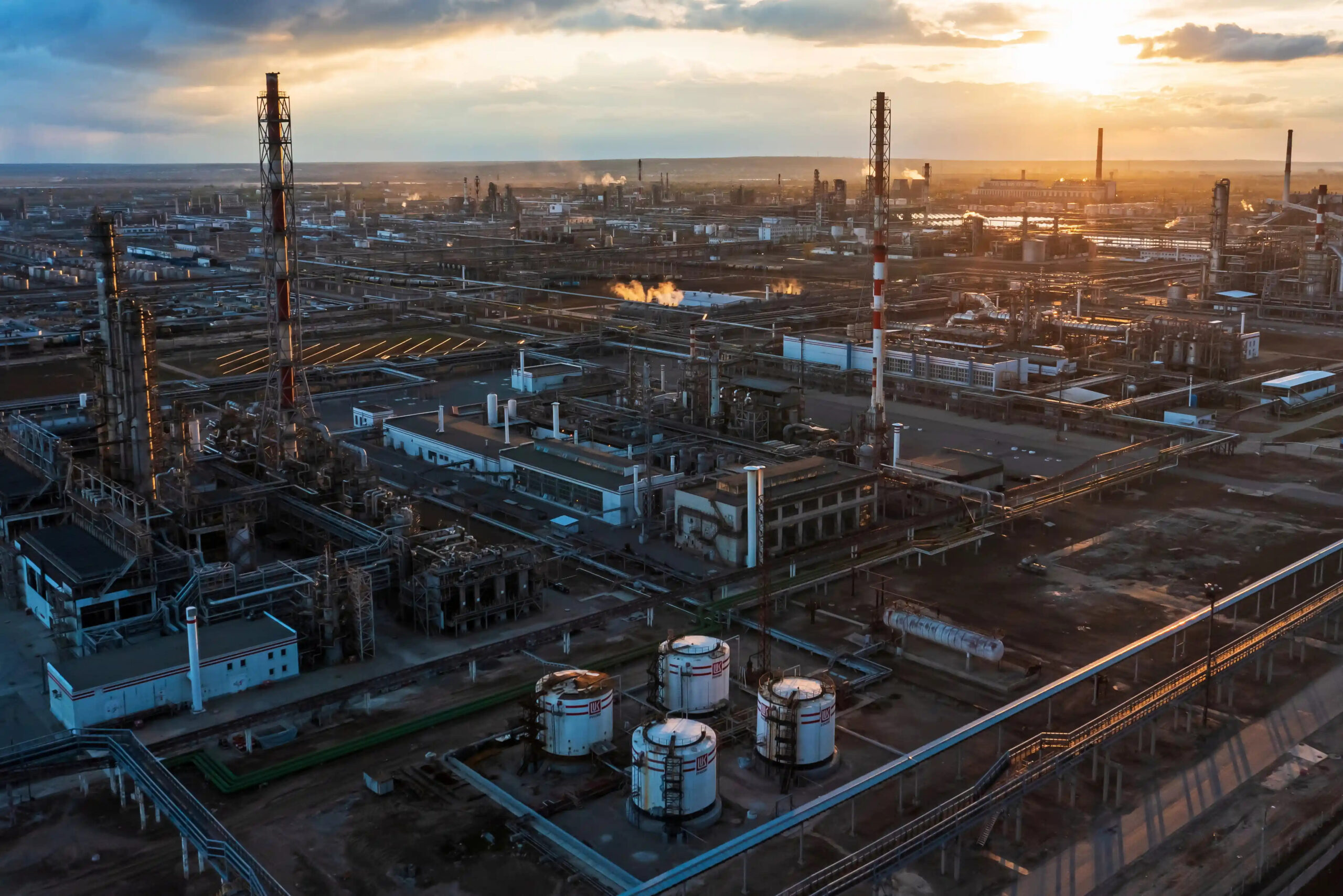The White House has reiterated its claim that India is reducing oil imports from Russia at the request of U.S. President Donald Trump, amid rising tensions surrounding the ongoing Russia-Ukraine war.
Speaking at a press briefing on Thursday, White House Press Secretary Karoline Leavitt said that President Trump has been “increasingly frustrated” by the lack of progress in peace talks between Moscow and Kyiv, despite new rounds of sanctions imposed on Russian energy firms.
Trump Pushes for Energy Sanctions on Russia
Leavitt highlighted that the new sanctions target Russia’s largest oil companies, Rosneft and Lukoil, as part of a broader effort to limit Moscow’s revenue streams from energy exports. She noted that these sanctions are “hefty and far-reaching”, expressing optimism that they would impact Russia’s ability to sustain its war effort.
“If you read the sanctions and look at them, they are pretty hefty. I saw some international news this morning that China is scaling back oil purchases from Russia. We know India has done the same at the President’s request,” Leavitt told reporters.
She added that President Trump has urged European allies to also reduce their reliance on Russian oil and explore alternative energy sources.
India Responds: No Agreement, Only Energy Security
However, Indian officials have denied the existence of any formal agreement with Washington to curb Russian crude imports.
According to the Indian government, the country’s energy strategy is guided by national interest, prioritizing stable prices and secure supplies to protect consumers from global volatility.
This clarification came shortly after Trump imposed 50% tariffs on certain Indian goods, encouraging New Delhi to diversify its energy sources and reduce dependence on Russian oil.
Trump’s Frustration with Putin’s “Lack of Action”
Leavitt also revealed that President Trump has grown “increasingly frustrated” with Russian President Vladimir Putin, accusing Moscow of showing “little interest or action” toward a peace settlement.
“The president has long said that to negotiate a good peace deal, both sides must be genuinely interested in ending the war. Unfortunately, he feels the Russian side has not shown enough interest,” she stated.
A planned meeting between Trump and Putin has now been postponed indefinitely after Russia reportedly rejected a U.S. ceasefire proposal.
Meeting with Putin ‘Not Off the Table’
Despite the growing tension, the White House maintains that diplomatic engagement remains possible.
“A meeting between President Trump and President Putin is not completely off the table,” Leavitt clarified. “The president wants to ensure that such a meeting leads to a tangible positive outcome and is a good use of his time.”
She added that Trump’s motivation to achieve peace has grown after his successful Middle East peace deal, saying he now wants to see “action, not just talk” in the Russia-Ukraine conflict.
Russia Reacts Strongly to New Sanctions
In response, Russian President Vladimir Putin condemned the latest sanctions, calling them an “unfriendly move” that would not improve U.S.–Russia relations.
Putin accused the U.S. of using sanctions as a political weapon, stating that such tactics are designed to exert pressure rather than foster dialogue.
“No self-respecting country does anything under pressure,” Putin said, according to a report by Russia Today.
He also hinted that certain members within the U.S. administration were pushing for these restrictions for reasons unrelated to national interest.
Geopolitical Impact and Outlook
Analysts suggest that Washington’s renewed push for energy sanctions could reshape global oil trade dynamics. If India were to gradually reduce Russian oil purchases, it could increase competition among suppliers in the Middle East and the U.S.
However, experts caution that India’s decisions will continue to depend on price stability and domestic demand, rather than external political pressure.
As the Russia-Ukraine conflict enters another uncertain phase, the intersection of energy policy and diplomacy remains a key factor shaping both global markets and international relations.
⚠️ Disclaimer:
This article is for informational purposes only. It does not represent investment, trade, or political advice. All geopolitical and economic developments are subject to change.

